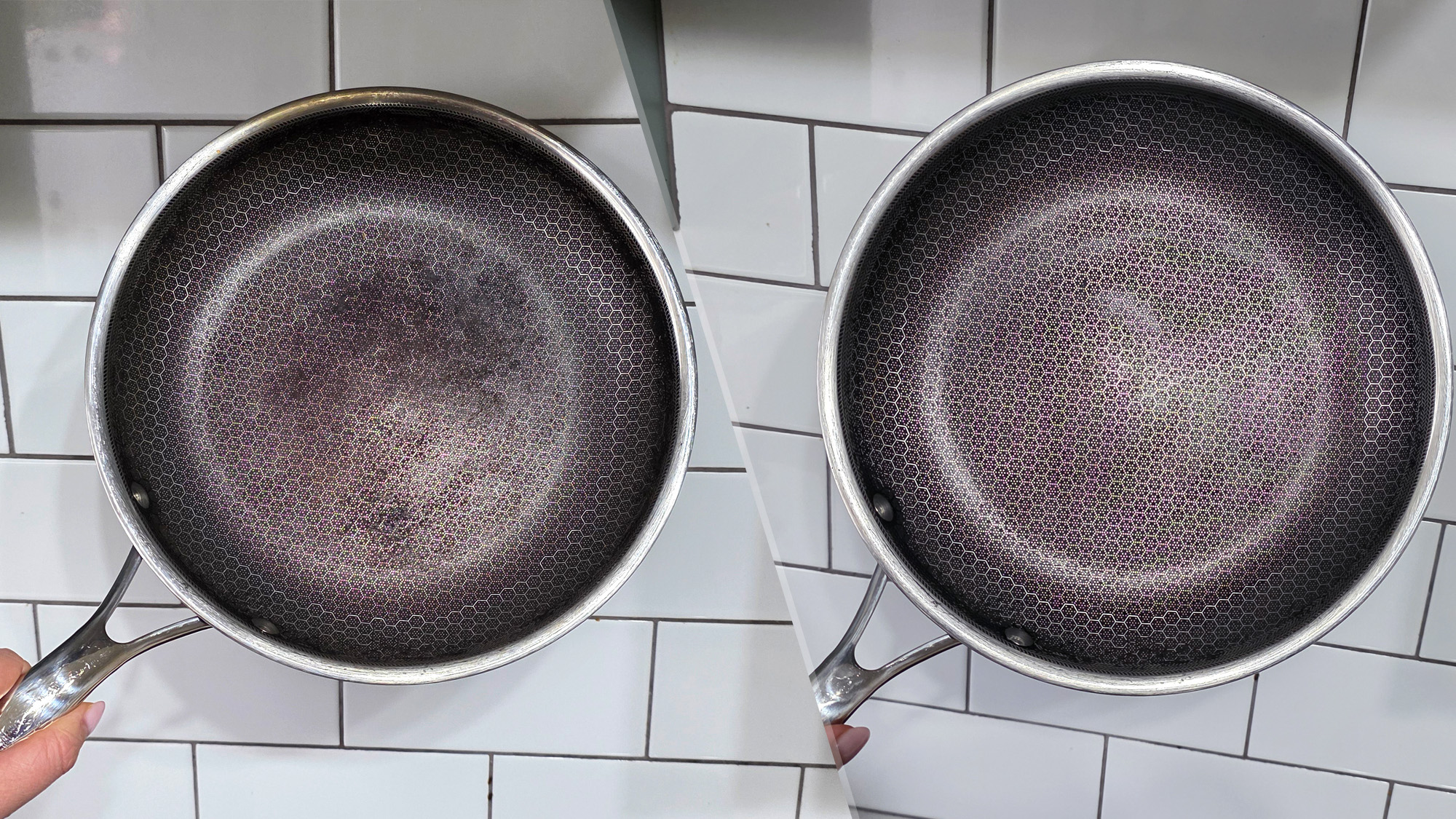Netflix’s password-sharing crackdown got me — here’s what happened
I’m proof that Netflix’s password-sharing crackdown works
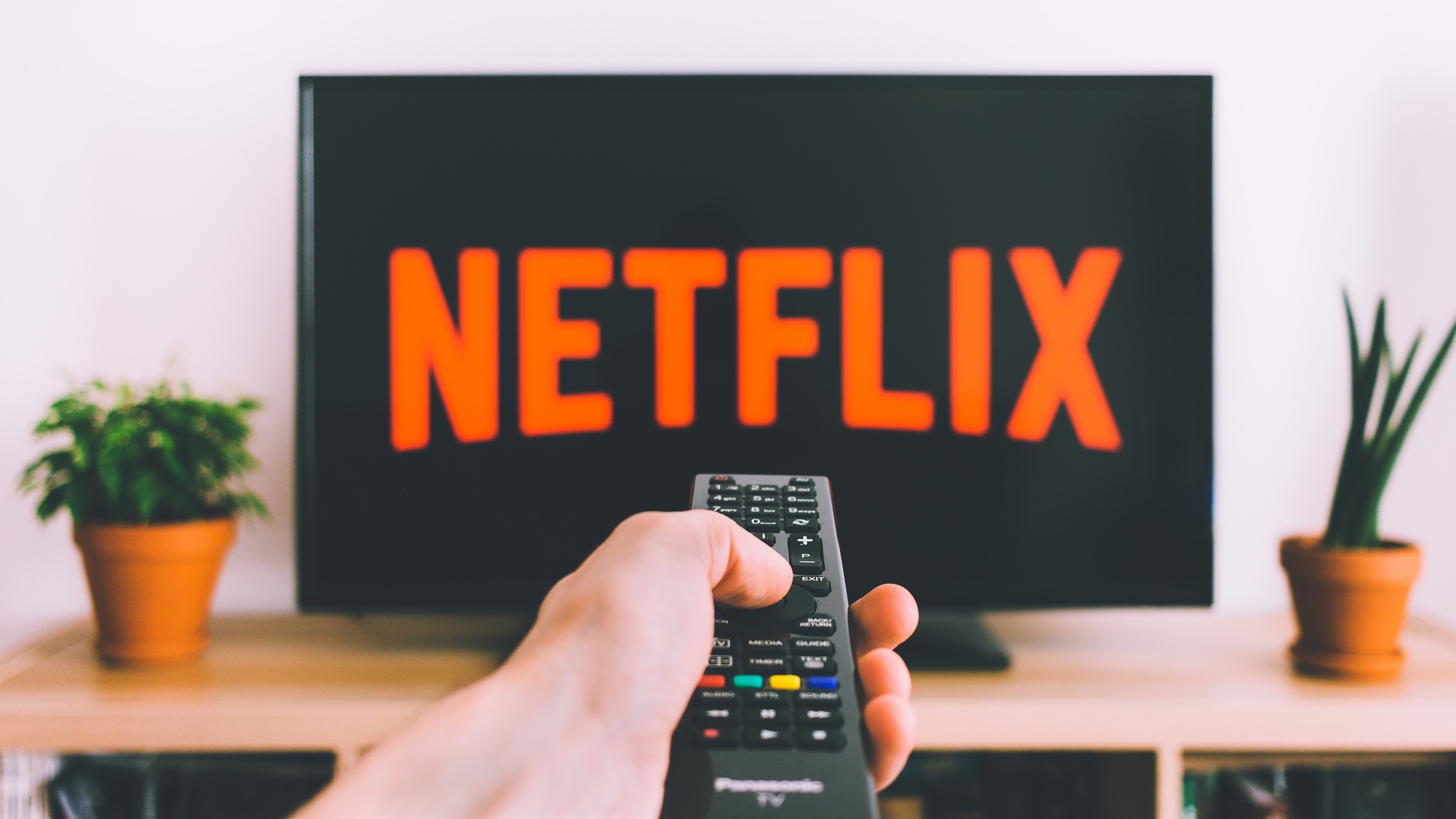
I’ve got a confession to make. For the past few years, my family has used a single Netflix account. We all live in different locations, but share passwords across several of the best streaming services.
When Netflix confirmed that its password-sharing crackdown was coming, I knew that the shared streaming party was over, and that I was going to have to cough up the cash for my own account. After a few delays, and some confusing messaging, I’ve now had a first-hand experience with Netflix’s new initiative.
This new tactic aims convert the 100 million users Netflix estimates are accessing the service via password-sharing into (partially) or full paying subscribers. So, here’s what happened when I encountered Netflix’s password-sharing crackdown for myself.
Goodbye shared Netflix account
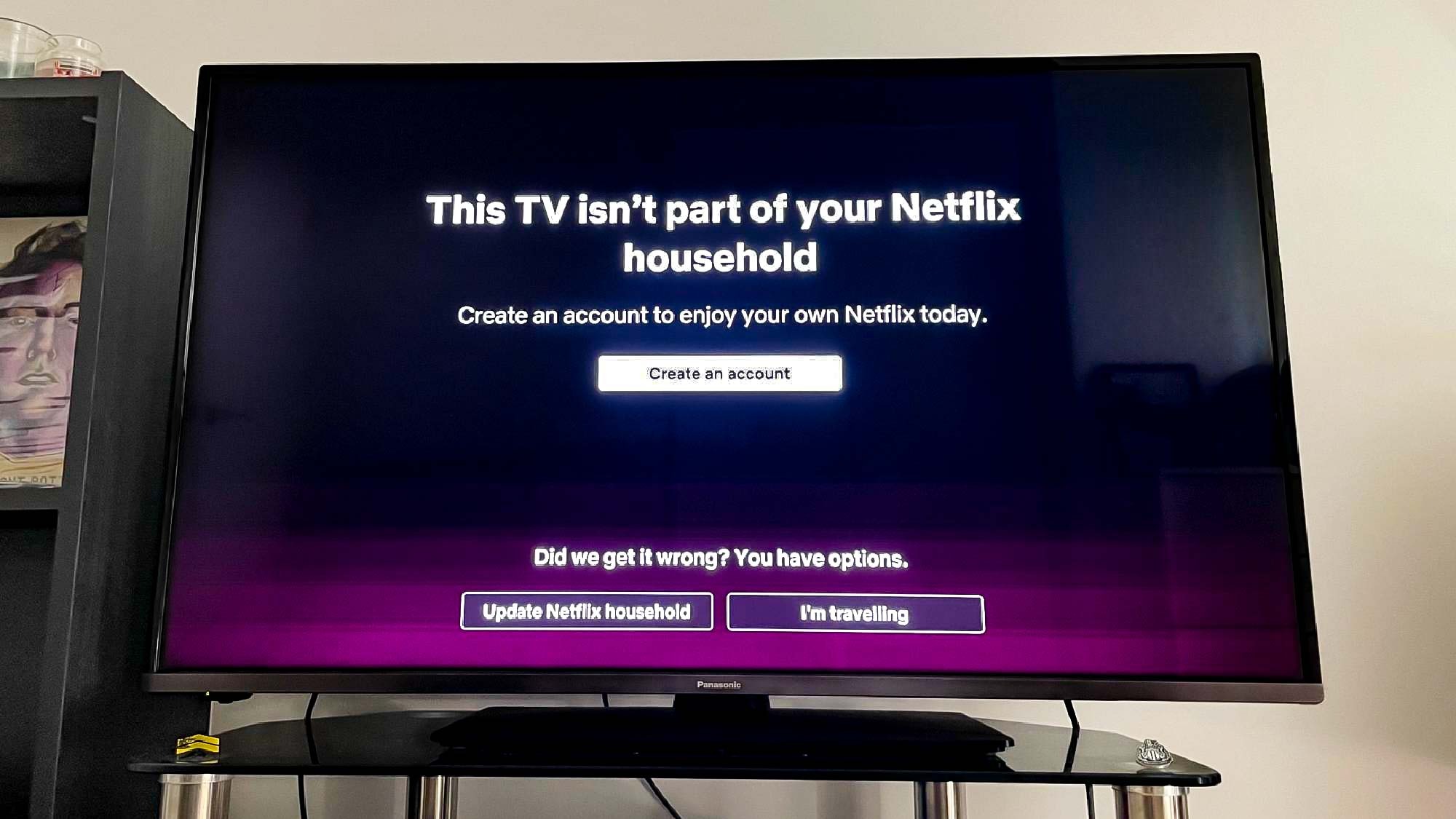
Earlier this week my partner called me into our living room complaining that “Netflix wasn’t working.” Looking over at the TV, I was greeted was a message informing me “This TV isn’t part of your Netflix household." I knew that the day I had long feared had arrived.
The streamer gave me three options at this point: Create an account, update my Netflix household, or inform Netflix that I was traveling. Tempted as I was to deploy the recently discovered loophole to avoid the password-sharing crackdown, I quickly determined that would be just avoiding the inevitable.
if I'm paying for something I want full control, not shared-control.
After years of mooching off the family account, I decided it was time to create a Netflix account of my own. And within just a few minutes, I'd complied. My partner was happily watching Gilmore Girls, and my bank balance will now be $15 lighter each month. Feels bad, man.
Yes, Netflix also offers the ability to add a household to the main Netflix household for $8 / £4.99 / AU$7.99 per month, but I didn't see that option. Personally, I wasn't keen on doing that, because if I'm paying for something I want full control, not shared-control. I don't want to be concerned about the traveling issues, either.
Get instant access to breaking news, the hottest reviews, great deals and helpful tips.
I’m part of the problem
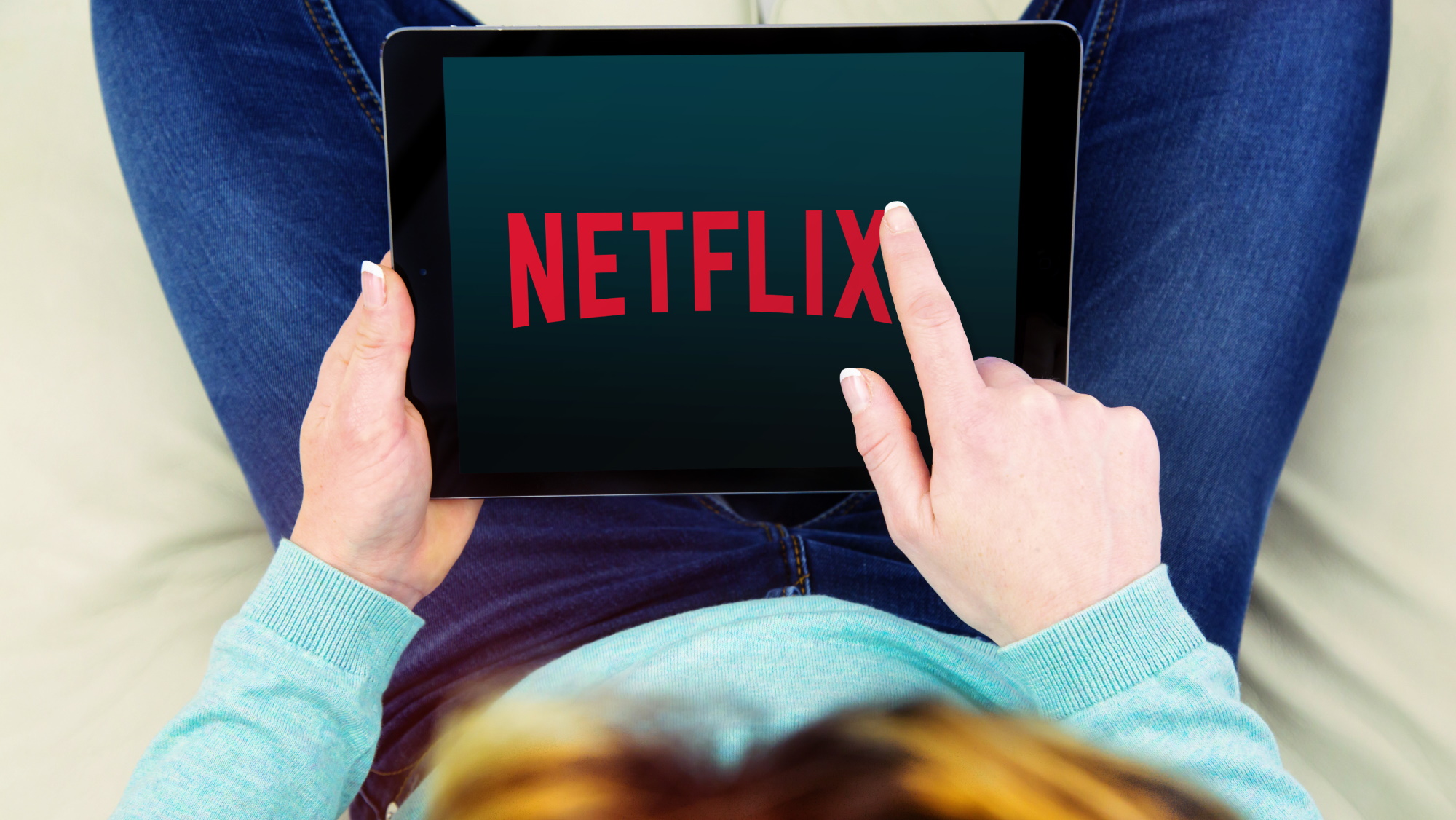
That situation outlined above is exactly what Netflix is hoping will happen across households in the U.S., U.K. and beyond over the next few months.
I now pay for my own Netflix account instead of making use of a family account (I should note, I did contribute towards the cost of our shared account), which is the crackdown working as intended. As somebody who was against the move when it was announced, I’m very much aware that I’m now part of the problem.
I’m staunchly against businesses making life more difficult for paying customers in an effort to make more money for themselves
My core issue with Netflix’s password-sharing crackdown isn’t actually that I’m now paying a larger sum of money a month to still have access to the streaming service. After all, password sharing was always a privilege that Netflix permitted, rather than a fundamental right that subscribers should expect. My big problem, though, is that Netflix made its streaming service harder to use.
This weekend I’m traveling out of town, and if I want to use my freshly-created Netflix account while away from my set “household” that will come with more hassle than it did just a few weeks ago. Now, when I sign into Netflix on a hotel's Smart TV, or my laptop connected to the guest Wi-Fi, I have more work to do to verify my account.
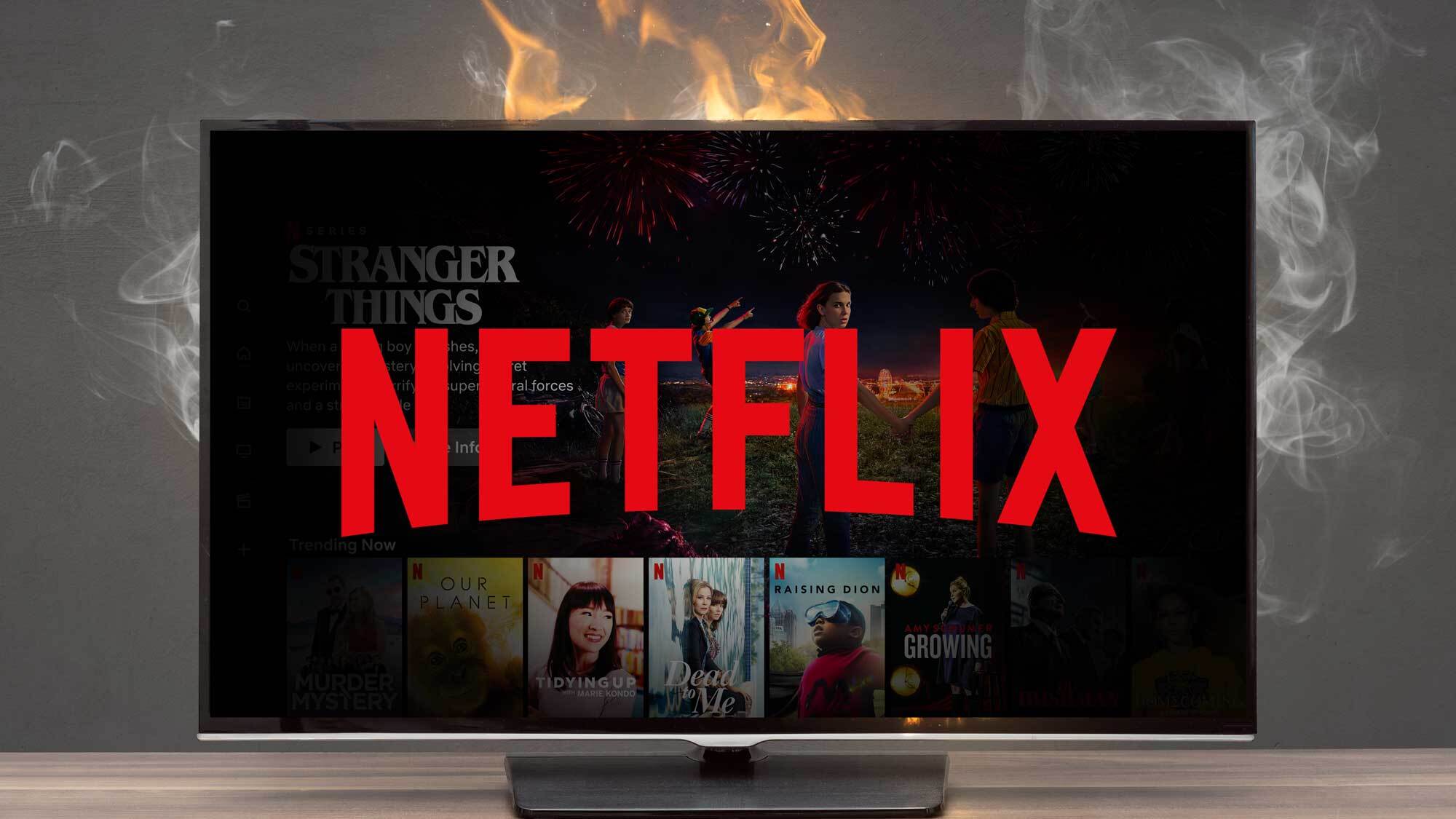
Now you must notify Netflix that you’re traveling, which adds a layer of inconvenience to the process. I’m curious to test this out for myself over the next few days, but even if it’s a relatively straightforward process, there’s always the possibility that something could go wrong.
I’m staunchly against businesses making life more difficult for paying customers in an effort to make more money for themselves, and unfortunately, that’s what Netflix is doing here.
Outlook: The start of a trend
My other concern with Netflix’s password-sharing crackdown is that it will start a new streaming trend. Prime Video recently took to social media to dunk on Netflix, informing subscribers that password sharing is still okay with them. But of course, there was a time when Netflix declared that “love is sharing a password”, so I won’t be surprised if other streamers change their stance over the coming years.
https://t.co/dHgkuwiuHB pic.twitter.com/PkFhbOoWNdMay 25, 2023
I can’t help but recall Apple’s decision to remove the headphone jack from the iPhone 7 in 2016. There was a fierce backlash to this move, and smartphone rivals like Samsung and Google were quick to snipe at Apple. But the following year the Google Pixel 2 launched without a headphone jack, and Samsung also nixed the port starting with the Galaxy Note 10 in 2019
I foresee history repeating itself here. Rivals may mock Netflix now, but if the world’s biggest streamer proves that blocking password sharing is a route to higher revenues, other services will almost certainly follow suit.
More from Tom's Guide
- YouTube TV is bringing a fan-favorite feature to NFL Sunday Ticket
- My favorite 7 new to Prime Video movies you need to watch
- 9 reasons to subscribe to Paramount Plus this month

Rory is a Senior Entertainment Editor at Tom’s Guide based in the UK. He covers a wide range of topics but with a particular focus on gaming and streaming. When he’s not reviewing the latest games, searching for hidden gems on Netflix, or writing hot takes on new gaming hardware, TV shows and movies, he can be found attending music festivals and getting far too emotionally invested in his favorite football team.
 Club Benefits
Club Benefits





